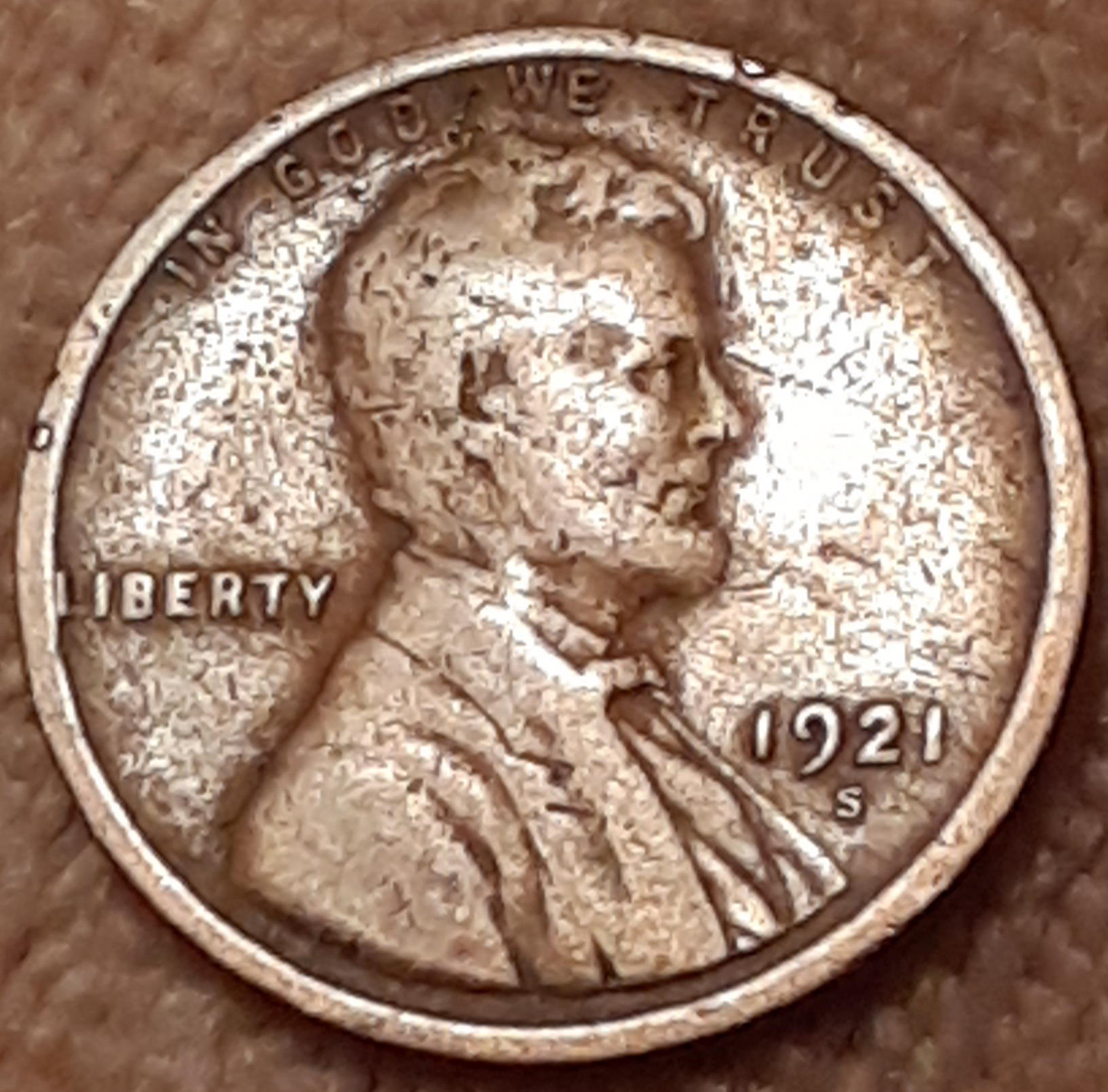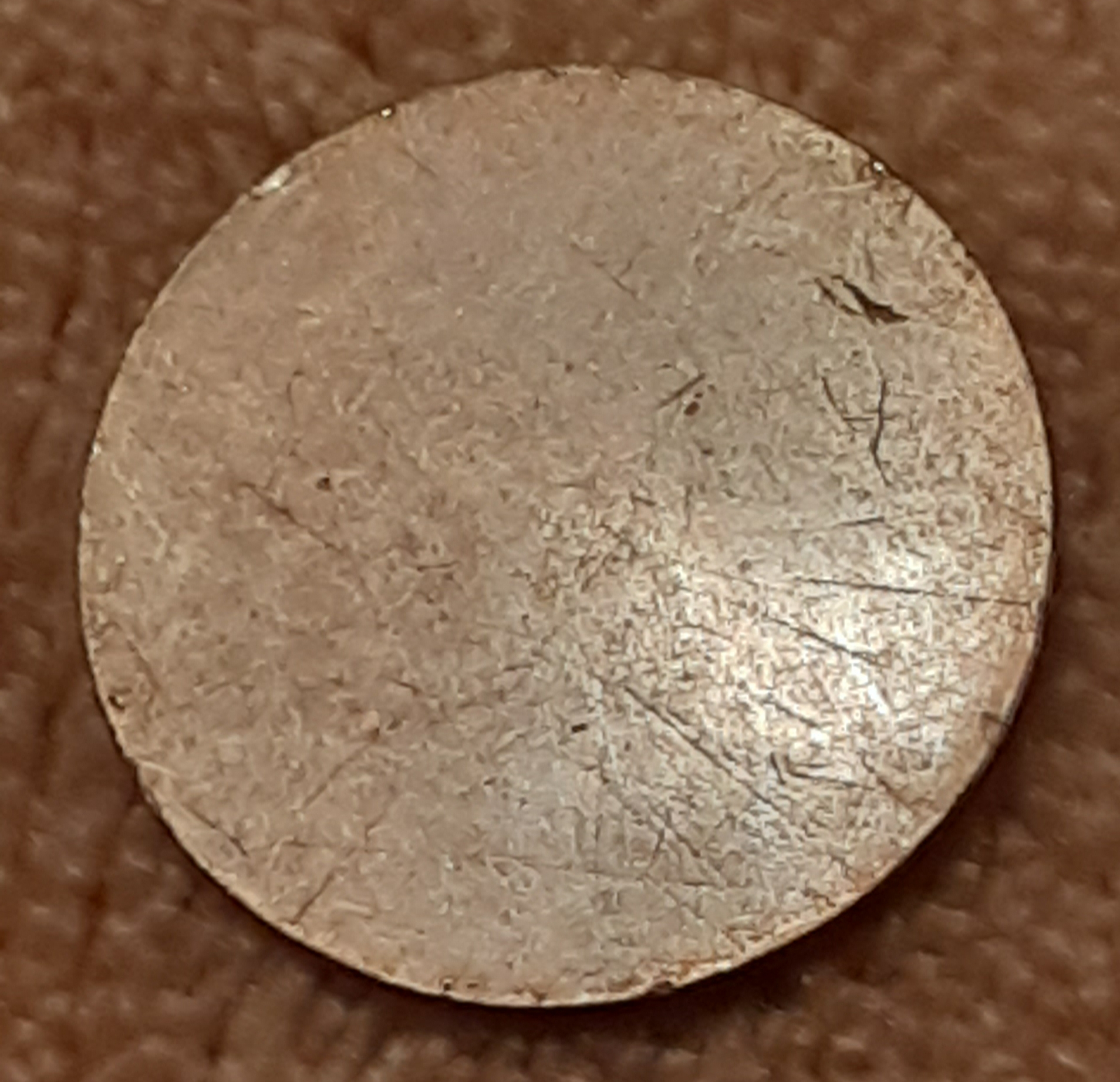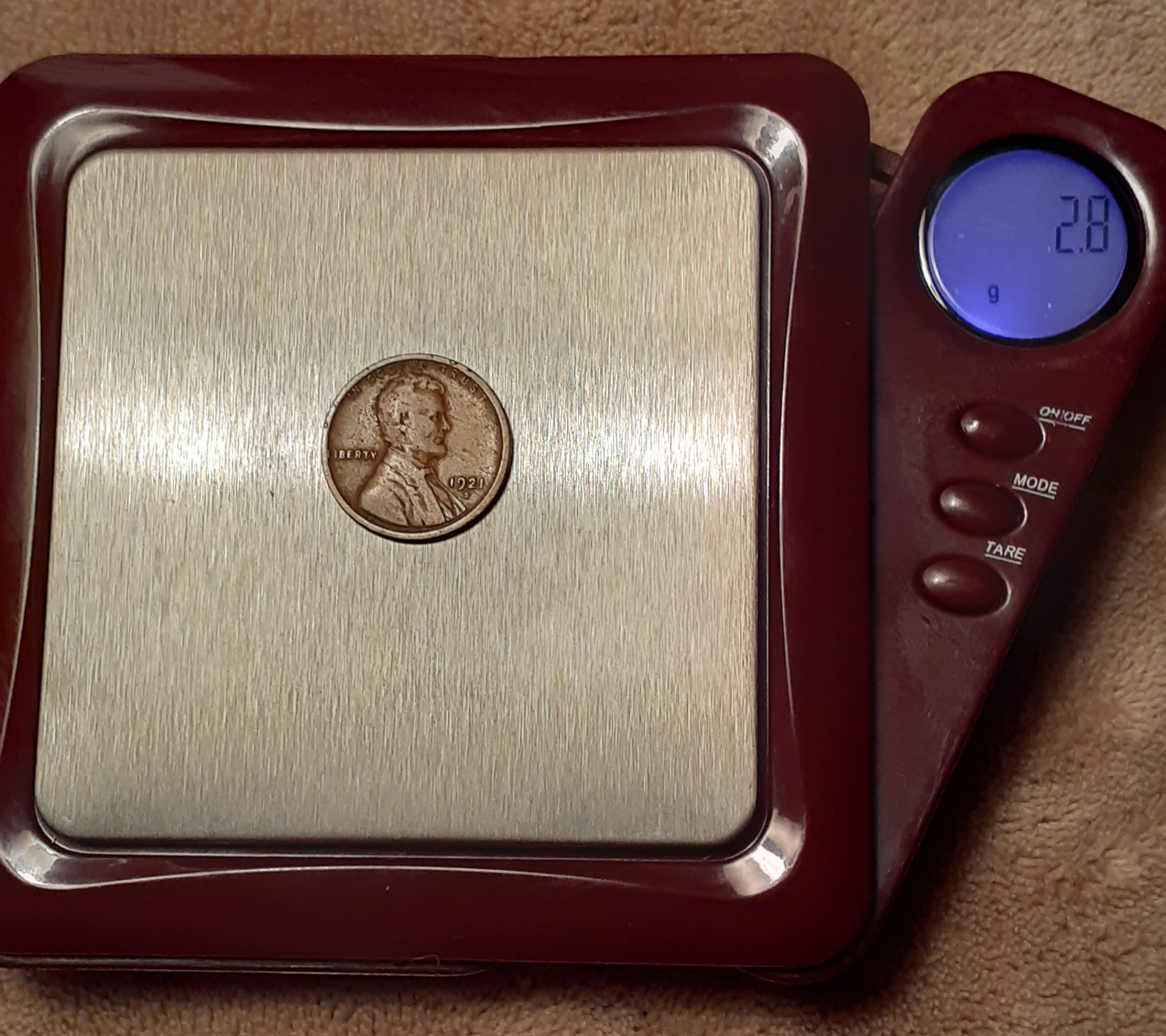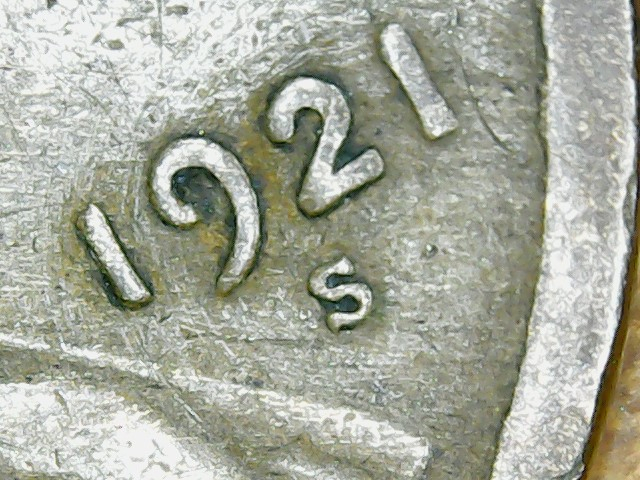A really strange find?
Hi guys, just bought 200 wheats from my favorite B+M shop. I found this peculiar wheat. Can this be a proof? It weighs close to where it should be. Could this be a planchet error? Thanks 



"Jesus died for you and for me, Thank you,Jesus"!!!
--- If it should happen I die and leave this world and you want to remember me. Please only remember my opening Sig Line.0
Comments
What type of planchet error would cause this?
Looks to me like someone planed off the reverse.
S mint. Not a proof.
Looks like about 10% was removed from reverse. Someone on the clock, but bored with too much time.
Jim
When a man who is honestly mistaken hears the truth, he will either quit being mistaken or cease to be honest....Abraham Lincoln
Patriotism is supporting your country all the time, and your government when it deserves it.....Mark Twain
S mints were not proofs in those years. No proof cents were made from 1918-1935. Someone just sheared the back off of that coin. Put it in a Whitman folder and you will never know the difference.
ThanksGuy's. Although, I just weighed another normal 1921s. It weighed 2.9
"Jesus died for you and for me, Thank you,Jesus"!!!
--- If it should happen I die and leave this world and you want to remember me. Please only remember my opening Sig Line.It may have been machined to get a smooth surface. It would then have been glued to something else to serve as a decoration. Later, another owner of the item in question decided to remove the coin, possibly thinking it was a "rare" date, only to be disappointed when the smoothed reverse was noticed. The coin would then have just been put back into circulation. Being damaged, it would have circulated heavily since it had become the "bad penny that always comes back".
They forgot the reverse die? For lack of a better answer
No reverse die, no offsetting resistance in the press, so there would be no obverse impression.
The planchet must be "squeezed" between two dies for either side's details to be struck up.
That coin was struck in a collar with proper pressure to get the obverse details to strike up like that. The only possibility would be if the mint had a flat die lying around that they installed where the normal reverse would go. And the chance of that is 0%.
The weight of the removed metal was obviously small, and maybe it started slightly overweight.
Can't be a split planchet as the weight loss would be greater and the surface would show either a sharp or ghosted impression on the reverse, and it would not be that smooth.
That is PMD.... No idea of why or who....but could not have come from the mint that way. Cheers, RickO
What does the side view of the rim look like?
thank you jbk
Had a lathe operator tell me he would plain copper coins to check his sharpness and mic calibrators. I think he was just showing off his skills.
"I spent 50% of my money on alcohol, women, and gambling. The other half I wasted.
I think the term you’re looking for isn’t proof but “splasher,” which is a single side die trial. A splasher would not be struck with a collar, while your coin obviously was. I agree with others who said the reverse design was planed off the planchet.
Sean Reynolds
"Keep in mind that most of what passes as numismatic information is no more than tested opinion at best, and marketing blather at worst. However, I try to choose my words carefully, since I know that you guys are always watching." - Joe O'Connor